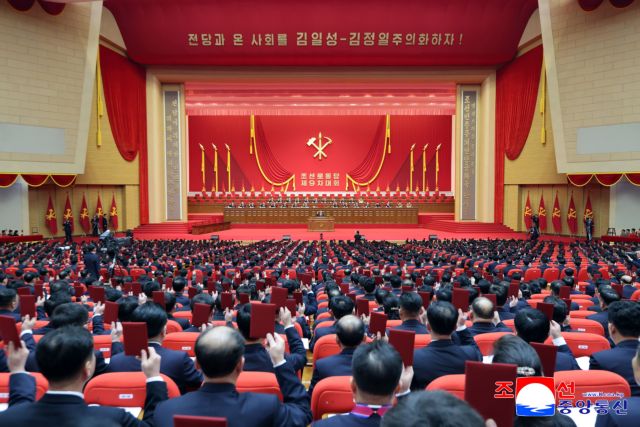 Opinion
Opinion
.jpg)
Lieutenant Colonel Nguyễn Ngọc Bằng, director general of the Department of Criminal Verdict Implementation and Legal Aid, spoke to the newspaper Tuổi trẻ (Youth) about a proposal to allow reformed prisoners to re-unite with their families while serving their sentence.
 |
Lieutenant Colonel Nguyễn Ngọc Bằng, director general of the Department of Criminal Verdict Implementation and Legal Aid, spoke to the newspaper Tuổi trẻ (Youth) about a proposal to allow reformed prisoners to re-unite with their families while serving their sentence.
Would you explain the Government’s conditioned policy of releasing criminal prisoners to re-unite with their families before they end their jail term?
The proposal to give conditional amnesty to criminal prison inmates who have reformed themselves while serving their sentences is new to Việt Nam, but not new in a few other countries.
Some people might interpret this as a Government amnesty to these inmates. That’s a wrong interpretation. Under the new policy, those who are allowed to re-unite with their families under certain conditions will still be serving their prison terms in their residential community.
After returning to their communities, these inmates will have to report to local authorities and are not allowed to leave their communities without permissions from local authorities.
In addition, every three months they have to write their self criticism reports and submit them to authorities, who will then report to their superior authorities at the district level.
How will the local authorities supervise the behavior of inmates when they serve their sentences in their residential community?
I don’t think there will be any problem. Under the proposal, more law enforcement officers will be sent to the districts, while at the communal level, local officials will be trained in the work of management and supervision.
If prison inmates fail to perform well in their communities, they are likely to be sent back to prison to complete their term.
The key idea of this proposal is to reduce prison staff.
We project that some 20,000 prison inmates will have been conditionally released by 2018, saving the State budget nearly VNĐ200 billion ($ 9 million) a year.
What are the criteria for conditional release?
First, this is their first sentence.
Second, they must have served at least half their jail time.
In addition to the two above mentioned conditions, another important factor we’ll take into consideration carefully is whether the prisoners are likely to cause law and order problems in their communities after their release.
Will prisoners serving life sentence be able to enjoy this leniency policy?
Yes, they can. But only prisoners who have already served at least 15 years.
A council will be set up in each prison to consider who should be on the short list, which will then be sent to the General Department of Criminal Verdict Implementation and Legal Aid for approval before being submited to the Supreme People’s Procuracy of Việt Nam and the Court to make the final decision in each case.
I am sure the process will be carried out with transparency and accountability.
Will the delay in implementation of Penal Code 2015 affect implementation of the proposal?
As we all know, the proposal is part of the Penal Code 2015. Since the National Assembly has already decided to delay its implementation, the proposal will be delayed to 2017.
However, the annual amnesty before the Lunar New Year will be carried out as in previous years.
Some people have expressed anxiety about the negative impacts of the proposal on the quality of law enforcement in Việt Nam.
As I have mentioned, if any prison inmates on conditional release don’t reform themselves well, they will then be sent back to prison. Our leniency policy is only reserved for those who reform themselves well.
As I have also mentioned, the proposal is a manifestation of Việt Nam’s resolve to reform its judiciary sector and to create favorable conditions for prisoners to reintegrate into society._VNS
.jpg)



